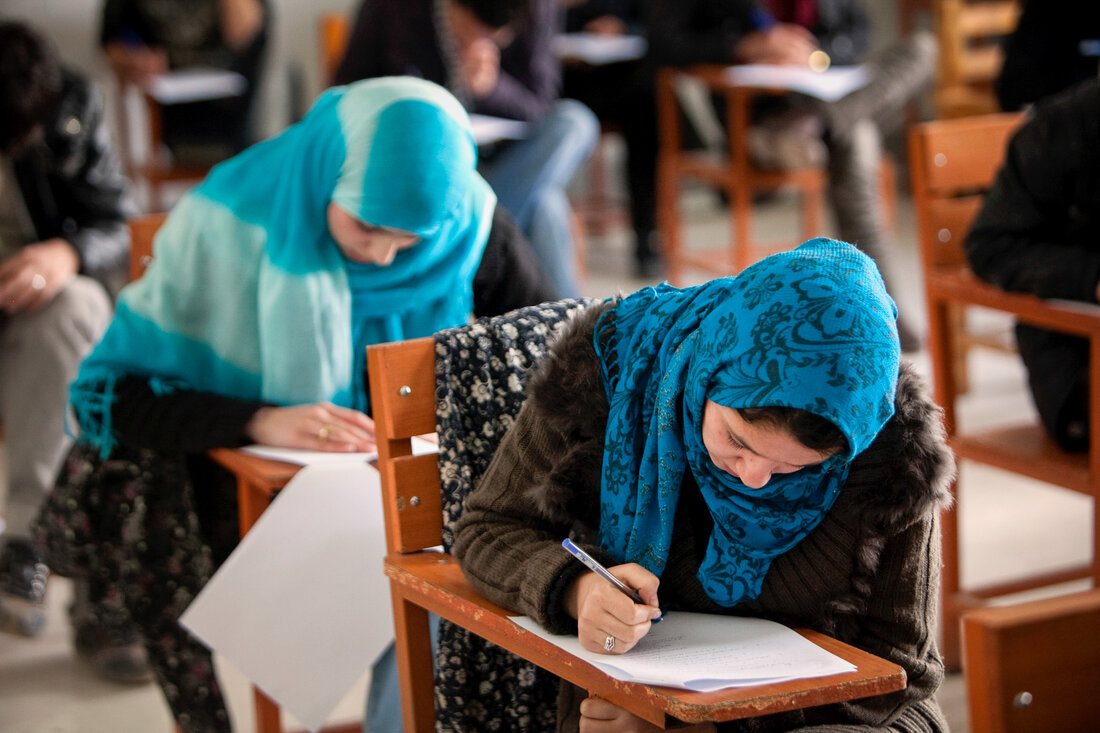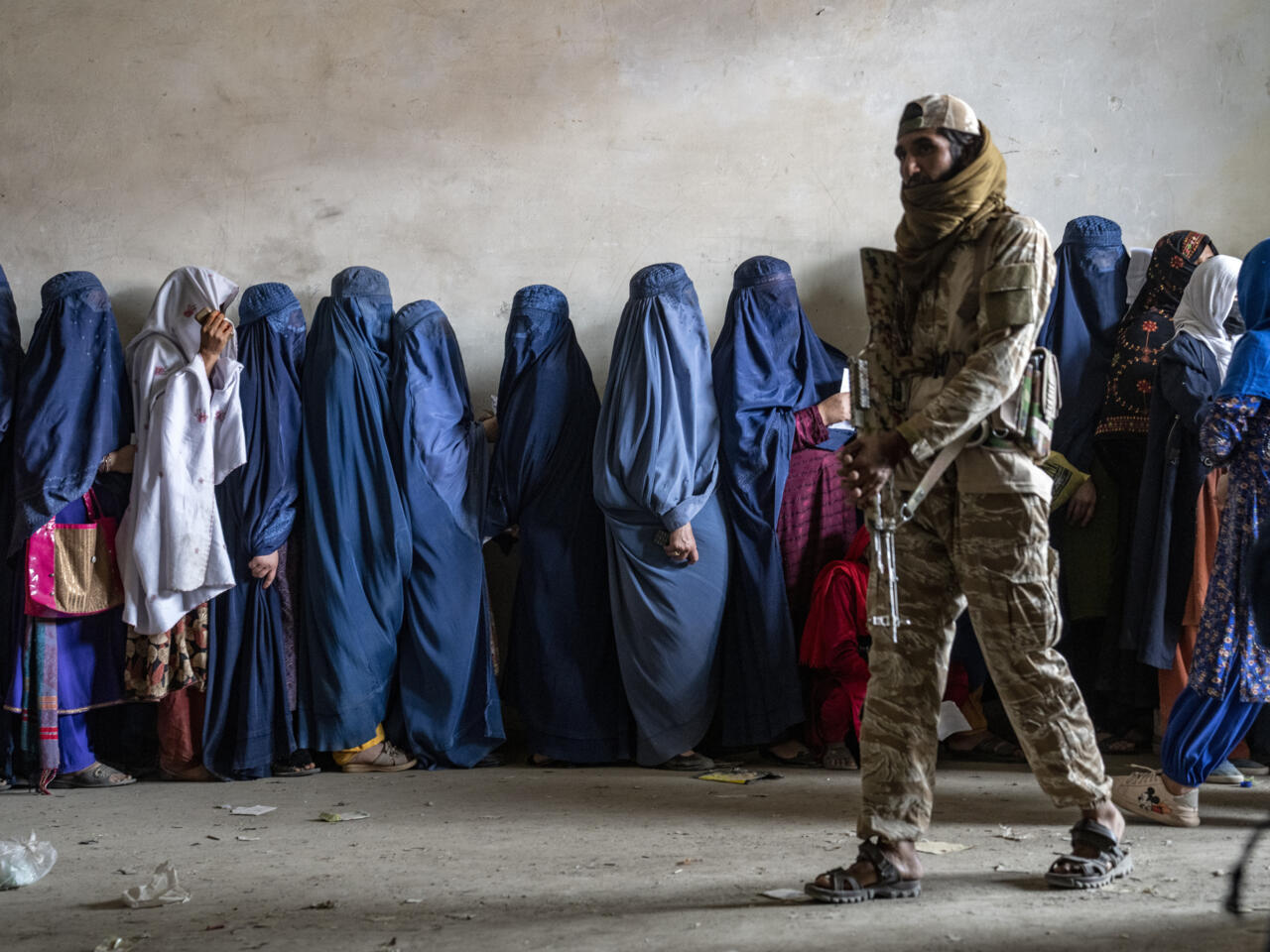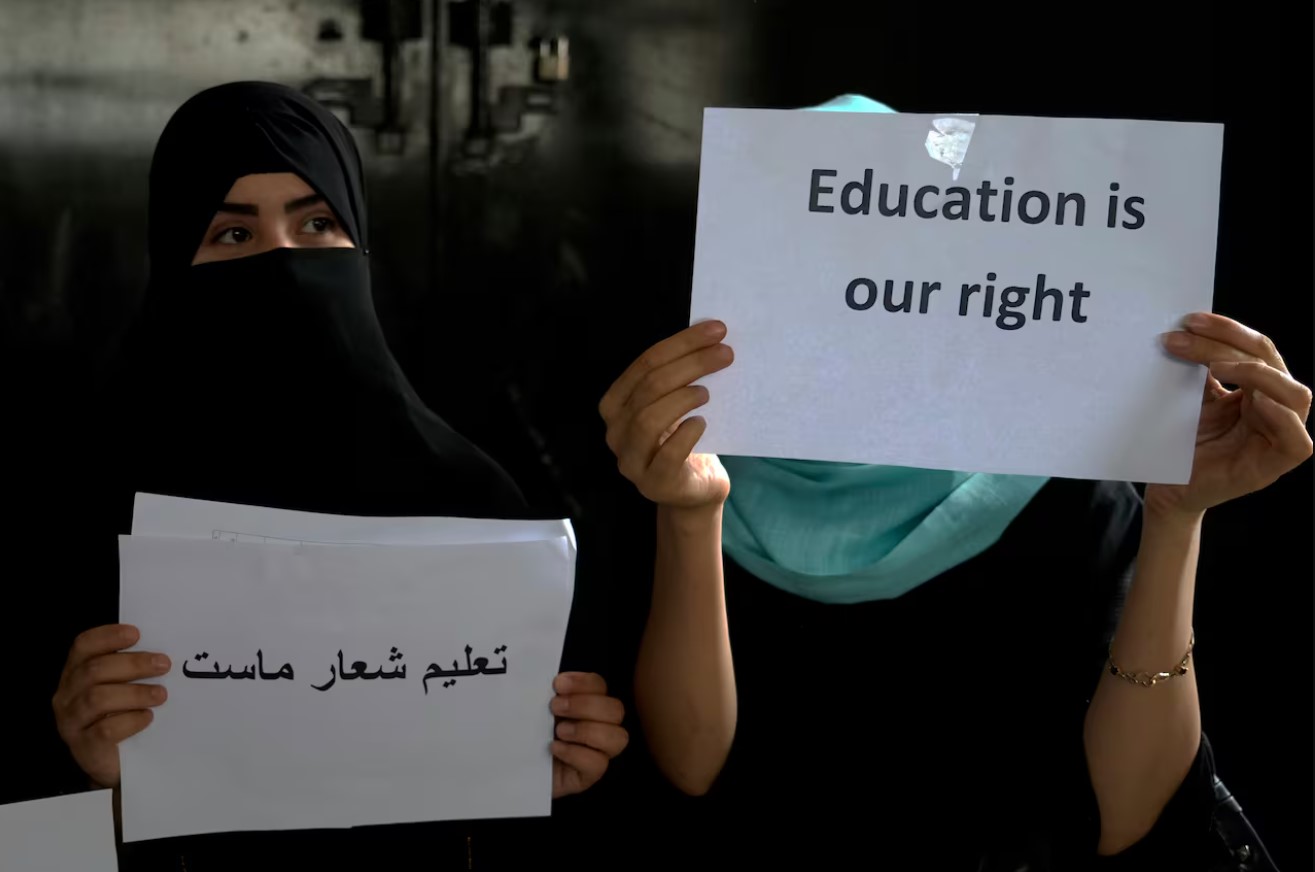
RECENTLY, it was reported that a delegation from Afghanistan’s Education Ministry visited its Malaysian counterpart as part of an initiative to bolster Malaysia’s foreign policy towards Afghanistan.
This visit was said to be in line with Malaysia’s commitment to offer capacity-building support in health and humanitarian sectors, thereby aiding Afghanistan’s social development.
The initiative by Malaysia to facilitate Afghanistan’s reintegration into the international community is commendable; however, the Taliban’s actions in undermining women’s rights, particularly their denial of educational opportunities, have generated significant concern among many Malaysians.
A brief history
The dynamics between the Taliban and women’s rights in Afghanistan have been characterised by a longstanding history of stringent restrictions and significant curtailments of women’s freedoms.
When the Taliban initially assumed control in Afghanistan in 1996, they enforced a radical interpretation of Islamic law, referred to as Sharia, which severely limited women’s rights across virtually all facets of public and private life.
Although Afghan women achieved considerable progress toward equality following the Taliban’s ousting in 2001, the resurgence of the Taliban in 2021 has once again jeopardised women’s rights in the country.
When the Taliban initially seized power in Afghanistan in 1996, they established a harsh regime that systematically marginalised women and deprived them of fundamental human rights.
Their stringent interpretation of Sharia law imposed severe restrictions, including prohibiting women from leaving their homes without a male escort, mandating the use of the burqa, and barring access to education and employment opportunities.
Additionally, women’s health and social services faced significant limitations, with many unable to obtain medical assistance from male practitioners, which further intensified health crises, particularly maternal mortality rates.
The Taliban’s oppressive policies not only constituted a grave infringement on women’s rights but also led to Afghanistan’s isolation from the global community.
Human rights organisations denounced the treatment of women as one of the most severe human rights abuses worldwide. Nevertheless, the regime defended these actions as essential to its vision of a pure and devout Islamic society.

Taliban’s downfall
The invasion led by the United States in 2001, in response to the September 11 attacks, resulted in the dismantling of the Taliban regime.
As the newly established Afghan government, with the backing of Western nations, commenced the reconstruction of the nation, Afghan women began to experience a degree of liberation.
In the years that followed the Taliban’s downfall, substantial initiatives were undertaken to enhance the status of women, although the progress achieved was inconsistent and frequently accompanied by obstacles.
Women gained the right to vote, access to education, and opportunities to participate in the workforce.
The Afghan Constitution of 2004 enshrined gender equality as a fundamental principle, enabling Afghan women to assume significant roles across various fields, including politics and business.
Improvements were noted in women’s literacy rates and their access to healthcare services; however, challenges persisted, particularly in rural regions where conservative interpretations of Islam remained dominant.
Nevertheless, despite these advancements, the nation continued to grapple with issues such as corruption, violence, and entrenched patriarchal attitudes that hindered women’s full engagement in society.
Gender-based violence, including forced marriages, honour killings, and domestic abuse, remained prevalent, and the deeply rooted cultural norms often obstructed women from reaping the benefits of their legal rights.
Deterioration
The withdrawal of US military forces in August 2021, coupled with the swift collapse of the Afghan government, rendered the nation susceptible to the resurgence of the Taliban.
Upon seizing control of Kabul in the same month, the Taliban administration made initial commitments to reform, asserting that women’s rights would be upheld in accordance with Islamic law.
Nevertheless, the lived experience of women under the Taliban’s renewed governance has been significantly more dire than many had anticipated.
The reestablishment of the Taliban has led to a systematic erosion of women’s rights in Afghanistan. Women have been prohibited from participating in most professional sectors, with healthcare being one of the few exceptions.
In December 2022, the Taliban enforced a ban on women attending universities, thereby effectively denying higher education to a substantial portion of the population.
Concurrently, the Promotion of Virtue and Prevention of Vice Ministry issued a directive that barred women from employment with international NGOs, severely restricting their capacity to engage in humanitarian and developmental initiatives.
Moreover, women are forbidden from traveling independently, and many girls are no longer permitted to pursue education beyond the sixth grade, facing threats of punishment for noncompliance.
The stringent enforcement of dress codes has also been reinstated, mandating that women wear the burqa in public, although variations of modest attire may be tolerated in certain areas.

Public spaces and parks have been segregated, further marginalising women from the social landscape of Afghanistan.
The Taliban has rationalised these actions as aligned with their interpretation of Islamic law; however, the repercussions for Afghan women have been catastrophic.
Fundamental human rights, including education, employment, and freedom of movement, have been systematically dismantled, resulting in heightened poverty, social isolation, and despair for millions of women and girls.
The policies enacted by the Taliban have led to a significant regression in the status of women’s rights in Afghanistan, undoing decades of progress.
Women have shifted from having access to education, healthcare, and employment opportunities to experiencing drastic restrictions on their freedoms.
Despite these challenges, Afghan women remain steadfast in their commitment to advocating for equality through various avenues.
It is crucial for the international community to remain cognisant of the difficulties faced by Afghan women and to actively champion their rights, working towards a future where women can enjoy freedom and equality in Afghanistan.
In conclusion, while the Education Ministry provided a comprehensive overview of Malaysia’s educational system, underscoring the significance of education for girls and women, the Afghan delegation expressed a strong interest in adopting Malaysia as a model for best practices in developing their educational policies, particularly in areas such as curriculum design, teacher training, and educational technology.
This clearly illustrates the Taliban’s reluctance to amend current policies regarding women, rendering the MOE’s invitation to Afghan officials to Malaysia ineffective and lacking a comprehensive approach.
R. Paneir Selvam is the principal consultant of Arunachala Research & Consultancy Sdn Bhd (ARRESCON), a think tank specialising on strategic national and geo-political matters.
The views expressed are solely of the author and do not necessarily reflect those of MMKtT.
- Focus Malaysia.


No comments:
Post a Comment
Note: Only a member of this blog may post a comment.